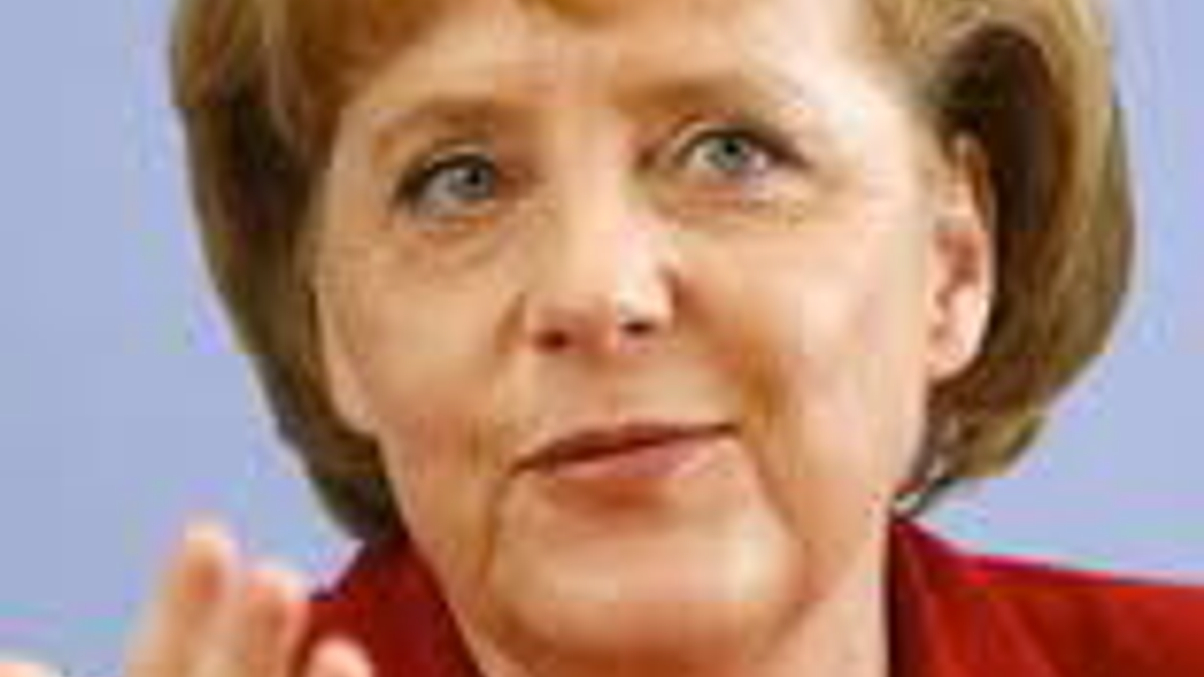The euro must be saved
Many fund managers are betting on the demise of Europe’s single currency, but the consequences of such an outcome could dwarf the risk-management tactics of any sizeable portfolio.

A business trip to the United Kingdom to see fund managers is asking for trouble these days.
Sign in to read on!
Registered users get 2 free articles in 30 days.
Subscribers have full unlimited access to AsianInvestor
Not signed up? New users get 2 free articles per month, plus a 7-day unlimited free trial.
¬ Haymarket Media Limited. All rights reserved.


